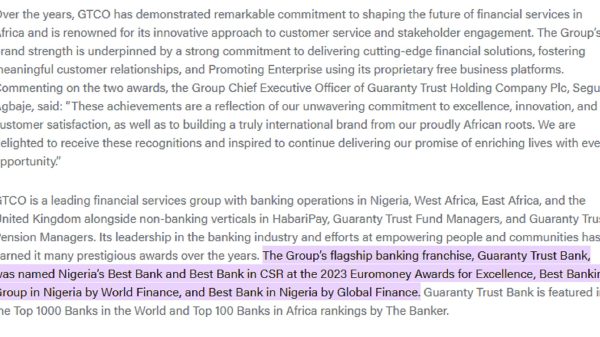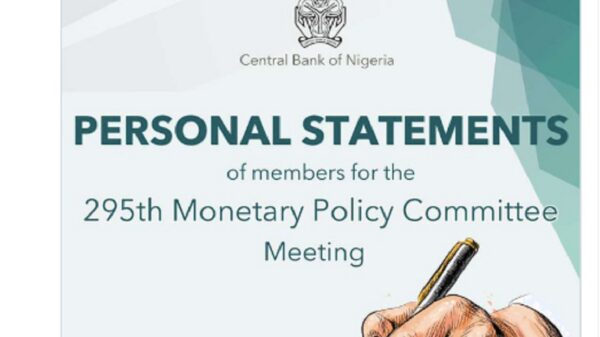Leveraging digital technology to boost the services industry like outsourcing will provide immense opportunities for addressing unemployment and achieving a more productive Nigerian economy. Dr. Andrew Nevin the Chief Economist, Price Waterhouse Coopers (PwC) made this point while giving his views on “The Digital Economy and Productivity in Nigeria”.
According to him, Nigeria can leapfrog other nation’s growth and development through digital tech by becoming the hub for exporting services to global markets, through information and communication technology (ICT), business process outsourcing, and the entertainment and media sectors.
Nevin said about 70% of the global economy is driven by the services sector, which is a major reason why Nigeria must reposition itself to compete globally through the sector.
Nigeria must increase its budgetary allocation at the Federal and State level to the Education and Healthcare sectors, to improve the nation’s human capital.
The economist also added that Nigeria’s competitive advantage under the Africa Continental Free Trade Agreement (AfCFTA) will come through the services sector.
He cited the example of the “Outsource Global Company” a company based in Nigeria that was providing services to companies in Europe, America, and even Asia, leveraging the expertise of professionals and skilled Nigerians.
He emphasized the need for investments in infrastructure like power and fiber optic broadband which would improve connectivity and lay the framework for a robust digital economy.
In the area of power, he believed focusing on renewables will be vital for Nigeria, to explore the energy mix of solar, wind, and hydro, which can boost energy supply across the country especially in rural areas.
Nevin noted that Nigeria must increase its budgetary allocation at the Federal and State level to the Education and Healthcare sectors, to improve the nation’s human capital.
The PwC Nigeria Chief Economist alluded to the consistent advocacy of analysts and experts that Nigeria needs an enabling business environment, to attract foreign capital inflows that can deepen economic activities.
On the developments in the Nigerian Fintech industry, he said the major focus remains deepening financial inclusion across the country, as the target remains 80% adult inclusion.
He called for a more rigorous approach in strengthening the activities of the Shared Agent Network Expansion Facility (SANEF), particularly through “Agency Banking”.
Dr. Nevin advised the financial services industry players in the country and regulators, to explore how to increase access to finance for citizens in the country, through innovative products.
Looking at Blockchain technology, he acknowledged the developments in this area and the need to deploy it for speeding up processes like verifying academic credentials, just like there have been successes for the customer service in improving the collection of excise and tax collection.


















































You must be logged in to post a comment Login